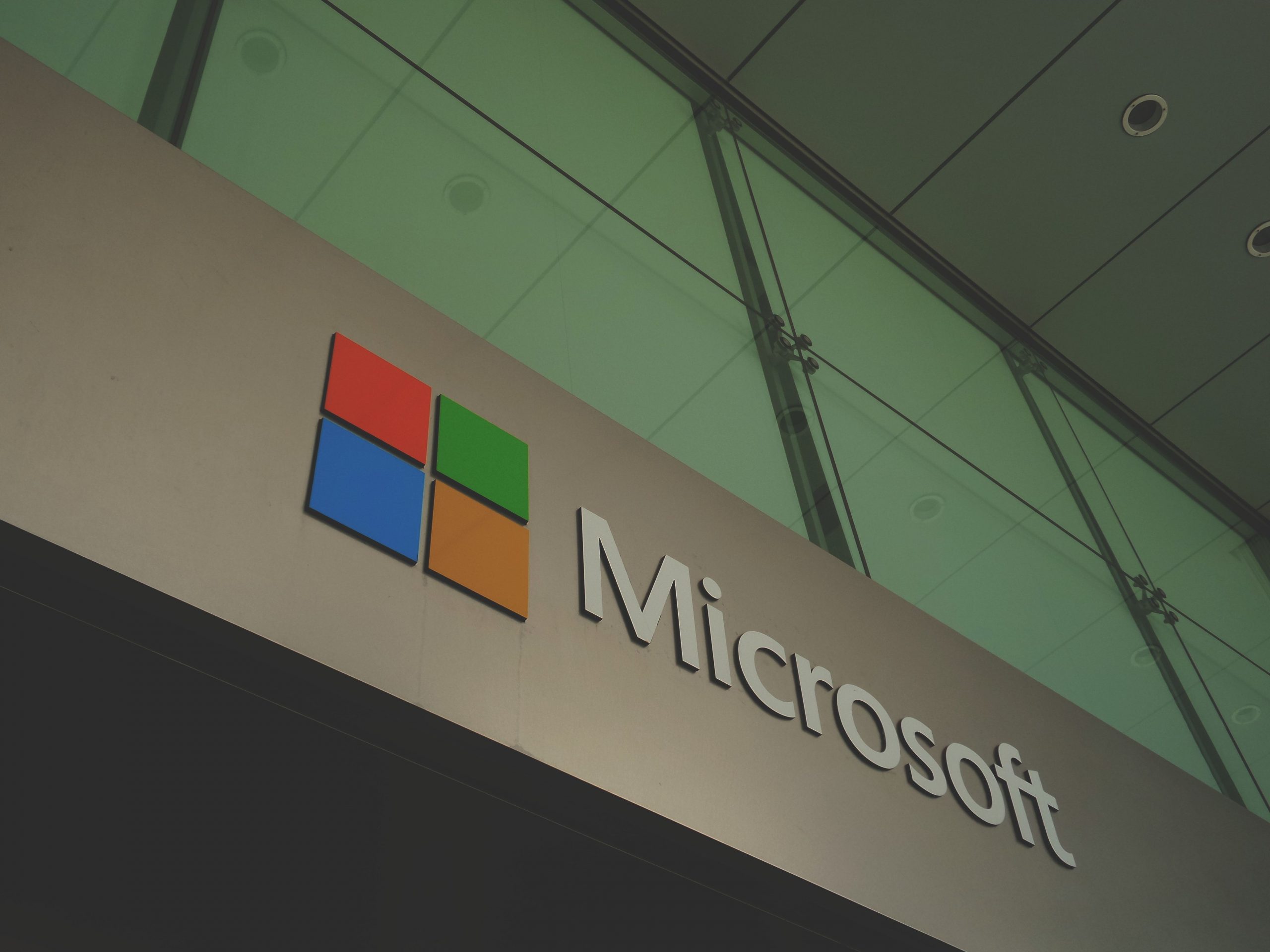Thanks to growth in Microsoft‘s cloud computing business, the American technology giant’s profits are up by 24% in the July-September quarter over the same time last year.
While the Wall Street expectations were at $2.08 per share, the Washington-based tech company on Tuesday reported a quarterly profit of $17.2 billion, or $2.27 per share, according to Associated Press inputs.
Also Read: Bezos, Gates-backed mining firm to seek electric vehicle metals in Greenland
Throughout the pandemic, Microsoft’s profits have soared high owing to ongoing demand for its software and cloud computing services for remote work and study. Microsoft’s fiscal first-quarter sales were $45.3 billion, up 22% from the previous year. According to FactSet Research, analysts expected revenue of $44 billion. In after-hours trade, shares stayed unchanged, gaining by a fraction of a percent.
Microsoft hit the jackpot in sales from what the company calls the “intelligent cloud” segment, which includes server products and its Azure cloud computing platform, which were $17 billion, up 31% from a year ago. The company has been fiercely competing with Amazon, Google and other cloud providers for big business and government contracts.
Also Read | 10 names from India on Facebook’s ‘dangerous individuals and organizations’ list
There was relatively slower growth in Microsoft’s personal computing business segment, which includes Windows software licenses for new computers. Sales in the segment grew by 12% to $13.3 billion.
Microsoft has been unveiling the next generation of its Windows software, called Windows 11, its first major update in six years. But the PC market has also been hit by supply chain problems.
Also read: 10,000 workers to be hired by Facebook in Europe to build ‘metaverse’
Revenue from Microsoft’s LinkedIn jobs networking service increased 42% from the same time last year.
Microsoft also disclosed a $3.3 billion short-term tax gain from the transfer of some intellectual property from its Puerto Rico unit on Tuesday. The Internal Revenue Service has been investigating Microsoft since 2005 for how it organised a Puerto Rico facility, prompting a federal judge to conclude last year that the corporation was likely attempting to dodge or delay paying US taxes through its cost-sharing arrangement with the subsidiary.
With inputs from the Associated Press







